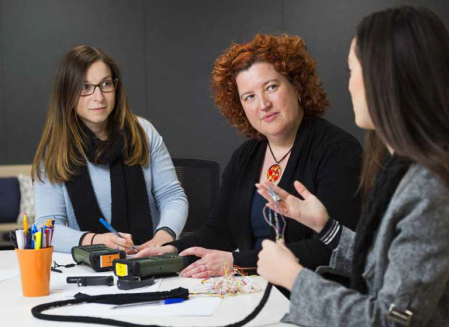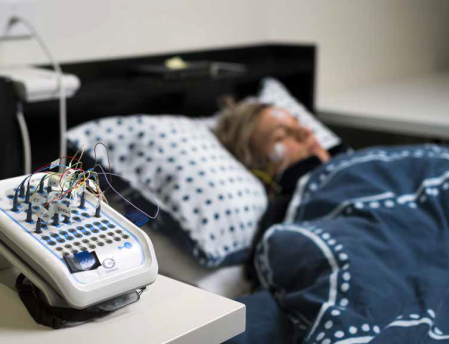Thales funds research at UniSA to reveal the human side of artificial intelligence
Machines that detect when their human operators tire and need a cup of coffee could be closer than we think, thanks to a funding partnership between Thales and the University of South Australia (UniSA).

Thales in the UK is funding a team of academics and PhD students at UniSA to the tune of £150,000 to explore the human factor in Artificial Intelligence (AI) by studying the effects of fatigue, workload and stress on volunteers.
During the three-year research period, 24 volunteers are being kept awake for long periods, using a sleep deprivation protocol during a 100-hour stay in a laboratory environment. The men and women, aged between 18 and 40, are given various tasks, and their cognitive performance and vital signs, such as heart rates and stress levels, measured.
The results will create a database on the way various factors such as workload, fatigue and stress affect wellbeing and cognitive performance.
Thales researchers will use that data in their own ground-breaking work on AI and autonomy in the maritime environment to ensure that products optimise and enhance, rather than degrade, an operator’s performance.
Professor Siobhan Banks is Co-director of UniSA’s Behaviour Brain Body Research Centre, based in Adelaide, which is carrying out the study.
“This is an exciting opportunity to work with a company that’s thinking far ahead and taking a human approach,”
said Professor Banks.
“By considering the human early on in the design process, we can manage a lot of the errors that arise when human factors aren’t taken into consideration and which can result in the development of a tool that doesn’t work. This is a much smarter approach.”
The work comes at a time of increasing naval shipbuilding in South Australia to meet demand for the Royal Australian Navy’s modernisation programmes. Thales is heavily involved in upgrading the current Collins Class submarine flotilla and is in partnerships tendering for work on the future submarine and next generation frigate.

Professor Banks’ team is also interested in the maritime space. The Behaviour Brain Body Research Centre, which opened two years ago, specialises in researching the impact of 24/7 employment on workers’ cognitive performance and long-term health. It has worked in the healthcare, mining, transport and military sectors to improve the working environment for shift workers.
A cognitive psychologist, Professor Banks has expertise in chronobiology and the bio-behavioural consequences of fatigue: “AI has specific challenges during periods of fatigue and stress, common to military environments, but it offers so many potential benefits that I can see why it’s being developed so rapidly.
“More research into AI is needed to understand how people can use it effectively. Removing or changing tasks with AI could also have unexpected negative effects, especially when operators are fatigued or stressed.”
As well as examining working environments, work patterns and fatigue, Professor Banks’ team is looking at how machines could respond to their operators.
“There are many interesting technological changes coming,” said Professor Banks. “One is that AI could assist the human in the loop.
“There are opportunities to tie the monitoring of human states into the AI systems. By tracking operators, we could know when they become too stressed or fatigued and spot early signs of errors so we can intervene, perhaps switching them out of a role, using augmented reality to improve information flow, or suggesting the person take some caffeine.”
By improving the human-machine interface in 24/7 environments, the innovative research being done in Adelaide, with Thales’s support, could lead to machines telling tired humans when it’s time to go and have a cup of coffee.
Read on for more about Thales and our capabilities in maritime systems.


